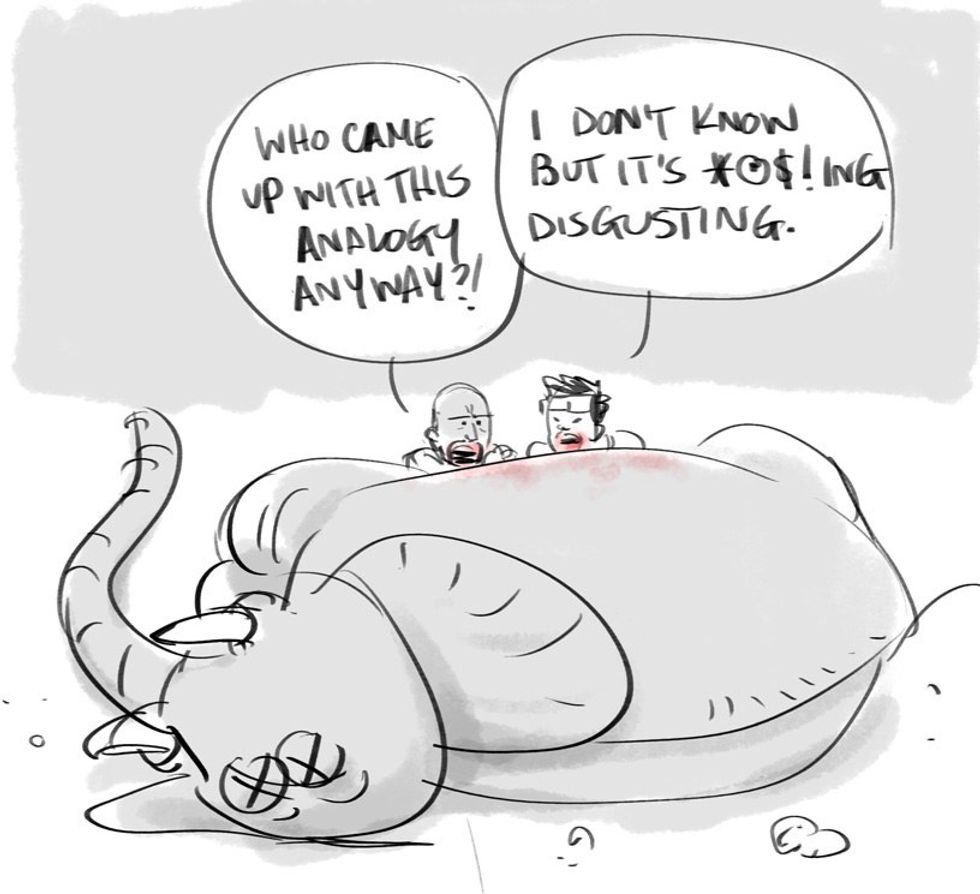The theme of this election cycle is that we are all talking about our feelings. People feel scared about refugees. People feel uneasy about gun control, both if we don’t or do have it. People feel like our politicians aren’t doing enough. People feel like our economic situation is dire. People feel like they need health care provided; people feel like they deserve to not have to pay for other people’s healthcare. People feel like Hillary Clinton belongs in jail. People feel like Donald Trump is too unstable to have the nuclear launch codes.
Our political candidates even concentrate a lot on their feelings and the feelings of their constituents, over facts. Throughout the first debate, Trump ignored the facts being thrown back at him by his opponent and the moderator himself. He even had the audacity to claim that all people feel the way he does about Rosie O’Donnell, saying that “no one feels bad for her” because he’s right. Hillary also is concentrating on how she makes people feel, going on comedian’s shows and competing with Bernie Sanders on personality. These are the premises on which we are voting: not only because that’s what we are offered but also because that’s what we’ve demanded.
There is an element of personality that matters to us as voters. When we discuss how other nations will perceive us based on our presidential selection, that is valid. This person is representing us as the head of government and the head of state, and as such he or she has certain duties that deal heavily with ceremony and diplomatic relationships. We also want to know that our president cares about us as more than just votes, but as people.
The problem comes when the emotional supersedes the rational. When we have discussions about economics based on feelings we are neglecting the reality of our situation to our own detriment. When we base our decisions on things like crime on feelings instead of statistics and data, we are sacrificing truth and progress to whatever makes those in power feel safer. Feelings fluctuate based on many factors: reality, media attention, personal experiences, brain chemistry, other people’s opinions, insecurity, adrenaline. If we feel like someone’s tax plan makes more sense, without looking at the details of it, or the actual data surrounding it, or consulting experts, and we vote according to that feeling, in January we may be feeling very differently if it proves to be ineffectual. If we feel like we are safer in New York City during the reign of “stop and frisk”, we neglect the reality of everyone else’s situation-- people of other ethnicities, genders, economic situations, or just other people.
We need to demand a higher level of reason and facts from our politicians and from each other. We need to have discussions based on reality, not guttural responses. We need to base our passions on facts, not feelings. We need to vote based on real plans, not wishy-washy vague hopes for a better country.





 Photo by
Photo by  Photo by
Photo by 
 Photo by
Photo by 


















